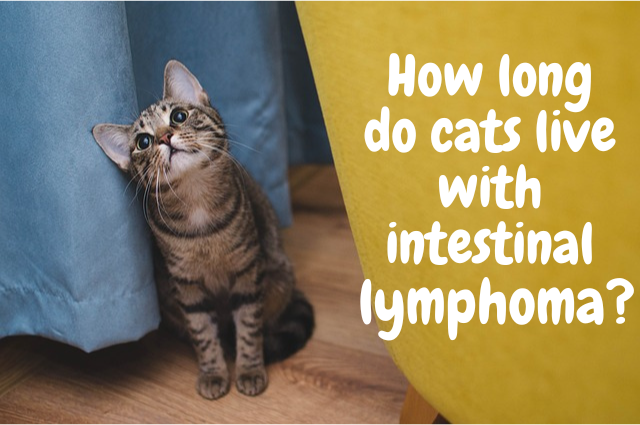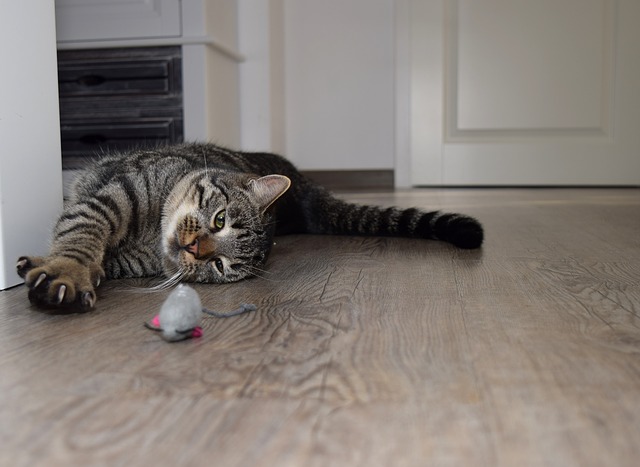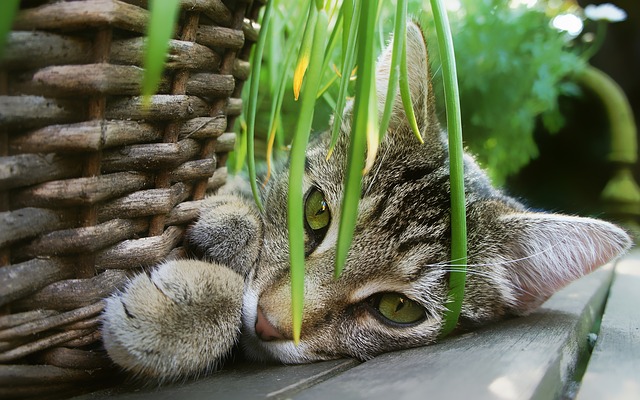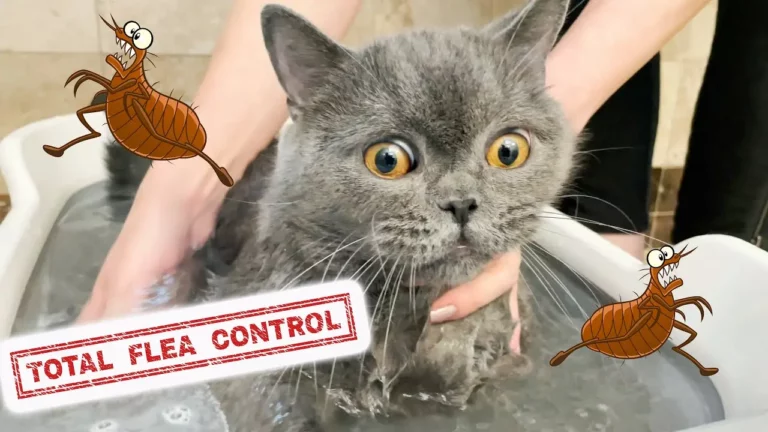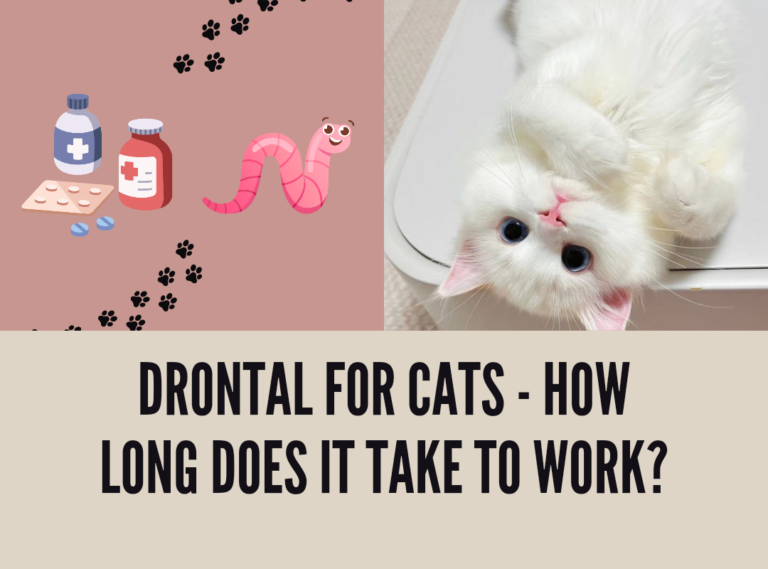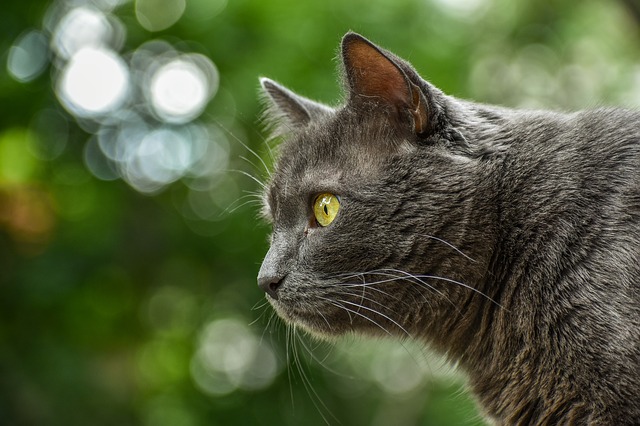How Long Do Cats Live With Intestinal Lymphoma?
As a
In this article, we’ll discuss the life expectancy of cats with intestinal lymphoma, symptoms to look out for, causes, diagnosis, treatment options, and natural remedies to support your
We’ll also cover important topics such as pain management, recovery, prognosis, and when to consider euthanasia.
What is the life expectancy of a cat with intestinal lymphoma?
Intestinal lymphoma is a serious illness and can be fatal if left untreated. However, with prompt diagnosis and treatment, cats can live for several months to a few years. The average is 6 months to 9 months.Â
The life expectancy of a
How long does intestinal lymphoma take to develop in cats?
Intestinal lymphoma is one of the most common types of cancer found in cats. It is a type of cancer that affects the lymphatic system, which is responsible for carrying white blood cells throughout the body so that it fights infections.Â
The exact length of time it takes for intestinal lymphoma to develop in cats can vary depending on several factors. In general, the disease develops slowly over a period of months to years. Early signs of intestinal lymphoma in cats can be difficult to detect but may include vomiting, diarrhea, weight loss, and decreased appetite.
As the disease progresses, cats may experience more severe symptoms such as abdominal pain and swelling. It is important to note that the exact cause of intestinal lymphoma in cats is still unknown.Â
However, it is believed that certain factors, such as genetics and exposure to environmental toxins, may increase a
Intestinal lymphoma in cats – Symptoms
The symptoms of intestinal lymphoma in cats can vary in accordance with the location and severity of the cancer. Some common symptoms to look out for include:
– Vomiting
– Diarrhea
– Weight loss
– Loss of appetite
– Lethargy and weakness
– Abdominal pain or swelling
– Increased thirst and urination
If your
What are the signs of end-stage lymphoma in cats?
End-stage lymphoma in cats is a serious and advanced form of the disease. Some common signs of end-stage lymphoma in cats include:
– Severe weight loss
– Loss of appetite
– Vomiting and diarrhea
– Difficulty breathing
– Weakness and lethargy
– Changes in behavior or personality
If you notice any of these clinical signs in your
What causes intestinal lymphoma in cats?
The exact cause of intestinal lymphoma in cats is not yet fully understood. However, research suggests that certain factors may increase a
– Exposure to environmental toxins
– Chronic inflammation of the digestive system
– Immune system disorders
– Genetic predisposition
Intestinal lymphoma in Cats – Diagnosis and treatment
The diagnosis of intestinal lymphoma in cats usually involves a mix between a physical examination, blood tests, imaging tests such as radiographs and ultrasounds, and a biopsy of the affected tissue.Â
Can a blood test detect lymphoma in cats?
While a blood test alone cannot definitively diagnose lymphoma in cats, it can provide important information on the
Other tests, such as imaging and biopsy, are usually necessary to confirm a diagnosis of lymphoma.
Treatment options for intestinal lymphoma in cats may include:
– Chemotherapy
– Radiation therapy
– Surgery
– Immunotherapy
Your veterinarian will work with you to determine the best course of treatment for your
Is GI lymphoma painful in cats? Recovery and Prognosis
Intestinal lymphoma can cause discomfort and pain in cats, especially if it has progressed to a more advanced stage. However, there are various pain management strategies that can be used to help alleviate your
Recovery and prognosis for cats with intestinal lymphoma depend on a variety of factors, including the stage of the cancer, the age and overall health of the
How can I treat my cat ‘s intestinal lymphoma naturally?
While there is no cure for intestinal lymphoma in cats, natural remedies can help support your
– Feeding your
– Providing plenty of fresh, clean water
– Supplementing with vitamins and minerals, such as omega-3 fatty acids and probiotics
– Reducing stress and providing a calm, comfortable environment
– Consulting with a holistic veterinarian for additional support
It is important to note that natural remedies should never be used as a substitute for conventional medical therapies.
How long can a cat with lymphoma live on steroids?
Steroids such as prednisone can be used to help manage the symptoms of intestinal lymphoma in cats.Â
While the use of steroids can help improve a
Your veterinarian can provide more information on the use of steroids for cats with lymphoma.
Feline lymphoma – When to euthanize
Euthanasia is a difficult decision that no pet owner wants to make. However, it may be the most humane option in cases of end-stage lymphoma or when the disease severely impacts your
Your veterinarian can provide guidance and support during this difficult time and help you make the best decision for your
Final thoughts
Intestinal lymphoma is a serious illness that requires prompt veterinary care. While there is no cure for this type of cancer, various treatment options can help improve your
By staying informed and collaborating closely with your veterinarian, you can provide your
